Competition is inevitable—in any industry. However, when it comes to Detroit’s revitalization, coopetition—a company’s cooperation with its “competition”—is not uncommon. As Detroit’s resurgence continues, collective impact, collaboration and system building are all important factors as many organizations strive to successfully rebuild the city, in an inclusive way.
As boutique hotels, new high-rise buildings and new arena’s rise through Detroit’s downtown business district it becomes increasingly critical that residents in the city’s neighborhoods are not left behind.
One way to achieve that is through “coopetition” – a fairly new term that is primarily used in the for-profit industry to describe unconventional collaboration and cooperation within an otherwise competitive field of players. When it comes to the social impact sector—Detroit as a key example—this idea of coopetition has been instrumental to the city’s rebirth.
“Competitors” become collaborators, developing joint solutions that more completely fulfill the customer’s need—in this case the customer being Detroit residents. It allows organizations to combine their expertise with that of others to create a more complete solution. Detroit organizations, in particular, are capitalizing on this varying expertise to complement one another, rather than compete. This approach transforms differences into growth opportunities for all organizations, all neighborhoods and, most importantly, all residents.
Recent examples of this successful model include:
- The Coe, a project in West Village that is the first substantial new residential development in decades. Developed by Southfield-based Woodborn Partners LLC, The Coe received substantial support from a variety of organizations including JPMorgan Chase, Capital Impact Partners, Michigan Economic Development Corporation and Invest Detroit.
- Liv, an $8.3 million project refashioning three dilapidated stores that will act as a retail anchor and catalyze inclusive economic development along Detroit’s “Avenue of Fashion.” Like The Coe, a number of organizations worked collaboratively to make the vision of local property developer Matthew Hessler possible at 7.Liv, including JPMorgan Chase, Capital Impact Partners, Michigan Economic Development Corporation, Invest Detroit and the Detroit Economic Growth Corporation.
Whether you choose to refer to it as coopetition, partnerships or strategic alliances, ultimately, they all can lend to serving as the most effective means to achieving a mission. Through strategic alliances or by employing the tactic of “coopetition” within the nonprofit sector, organizations gain the opportunity to work with similar partners to extend their reach and services to best support the cause. By doing so in a way that’s strategic and mutually beneficial for all partners, social impact organizations can better serve the community.
Funders and thought leaders often extol the virtues of collaboration among nonprofit organizations as a way to maximize increasingly limited resources—especially as it relates to social and economic needs, such as health, education, employment and income. In Detroit, city officials, business influencers and nonprofits alike recognize the importance of partnerships between the public, private and philanthropic communities to support the revitalization of both the city and its neighborhoods—and building it back in a socioeconomic and inclusive way. It’s no longer about how many projects one can invest in, but rather working together effectively to maximize your network and impact.
While poor social and economic conditions have had an impact on Detroit’s revitalization in previous decades, strategies and policies by the City and partnering organizations are being put into place to help alleviate these adverse conditions. Together, organizations must continue to work together to combat the local symptoms of urban decay so that upward social mobility of Detroit’s lower socioeconomic classes can occur, benefitting the revitalization process.
By investing in strategies that promote increasing neighborhood density—multifamily and mixed-use developments—and providing financing for key socioeconomic community services like education, senior housing and access to healthy foods, Detroit organizations can help drive the city’s revitalization in a way that grows the economy while protecting current and future residents.
When it comes to ensuring Detroit’s resurgence continues, a commitment by city representatives, businesses and nonprofits for a sustained effort is obvious, but must continue for many years for success to be fully realized. Detroit has made substantial progress in recent years. A continuation of that progress can be boosted through coopetition, strong and strategic partnerships and a promise to socioeconomic change that will help support a revitalized Detroit that’s built on a foundation of equity, opportunity and inclusiveness.
Sawyer Lipari is a senior director at Lambert.

